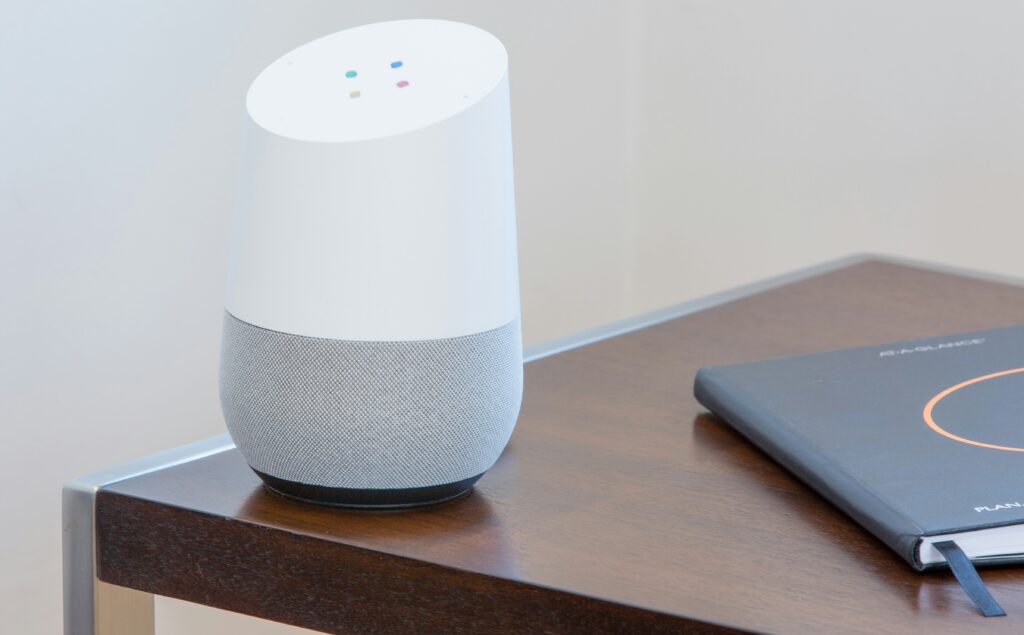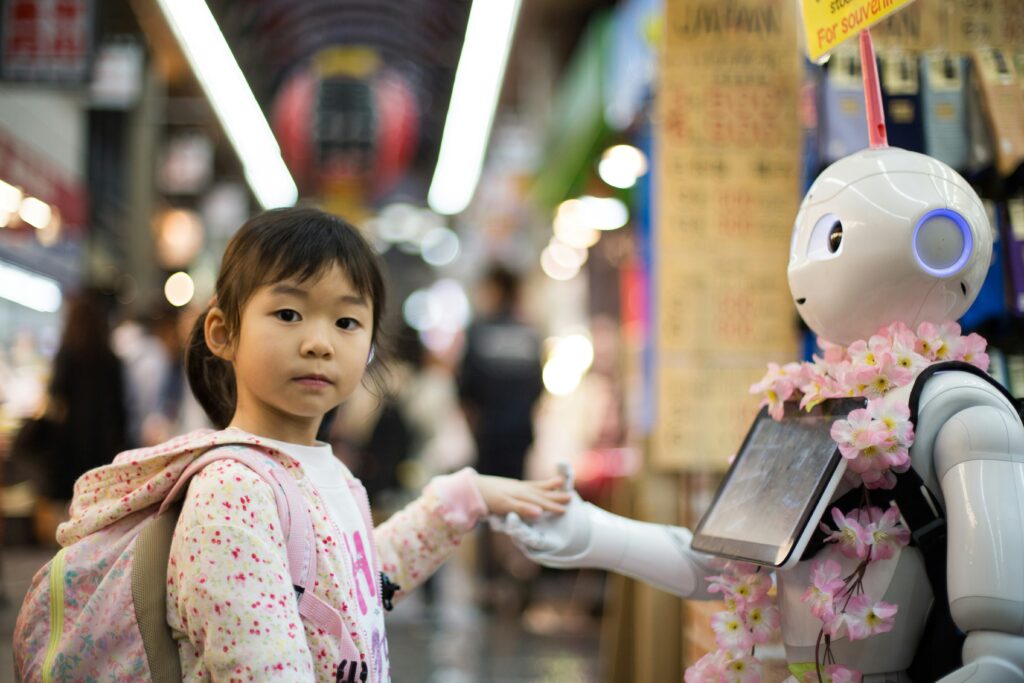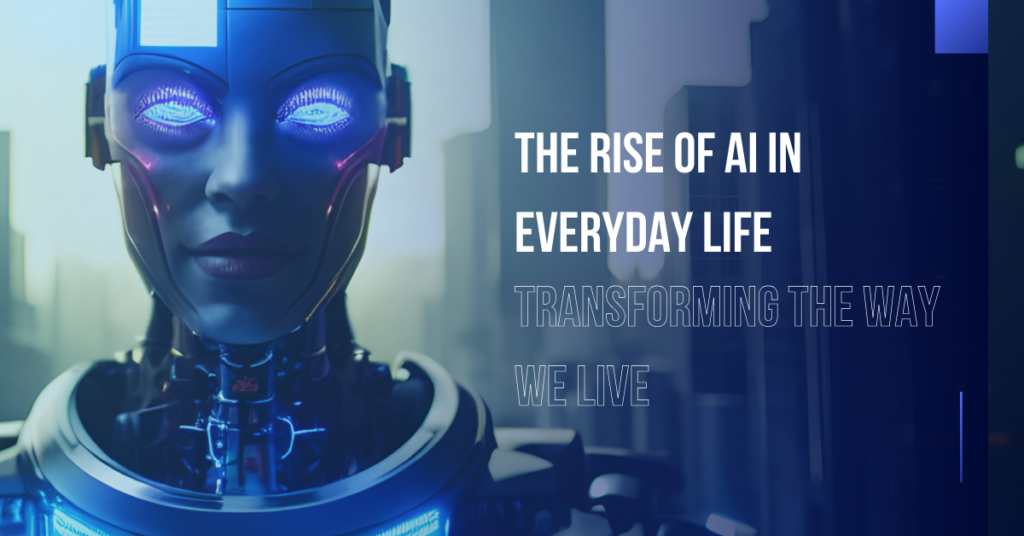Artificial intelligence (AI) is becoming a necessary component of our everyday life rather than a sci-fi idea. Artificial intelligence (AI) technologies are forming our experiences and affecting our decisions in the background, all the way from the moment we wake up to the moment we go to bed. This essay will examine the emergence of artificial intelligence (AI) in daily life, as well as its uses, advantages, drawbacks, and prospects, particularly for Western readers.
AI: What is it?
Artificial intelligence is the term used to describe how technology, particularly computer systems, can simulate human intelligence processes. Learning (the process of acquiring knowledge and applying rules to it), reasoning (using rules to arrive at approximations or conclusions), and self-correction are some examples of these processes. These days, artificial intelligence (AI) includes a broad spectrum of technologies, such as robots, machine learning, and natural language processing
AI in Daily Activities
1. Smart Assistants
The use of smart assistants in daily life, such as Apple’s Siri, Google Assistant, and Amazon Alexa, is one of the most well-known applications of artificial intelligence. These AI-powered assistants make life easier by answering queries, controlling smart home appliances, and helping users organize their schedules. Over 120 million Individuals used smart speakers in 2023, according to a Statista survey, demonstrating the increasing reliance on these AI technologies.
2. Personalized Recommendations
AI systems examine user behavior to offer personalized content recommendations on platforms like Netflix, Spotify, and Amazon. This improves user experience while also assisting businesses in raising sales and engagement levels. To keep viewers interested and subscribed, Netflix, for instance, use AI to study viewing behaviors and recommend TV series and films that customers are likely to appreciate.
3. Healthcare Innovations
By predicting patient outcomes, personalizing treatment plans, and increasing diagnostic accuracy, artificial intelligence is transforming the healthcare sector. Large-scale medical data is analyzed by machine learning algorithms, which find patterns that people would miss. In the USA, new imaging techniques are being utilized more and more to diagnose diseases like cancer early on with AI technologies.
4. Smart Homes
AI integration makes it possible for home automation systems to operate with more efficiency and control. Smart thermostats, such as Nest, are examples of devices that learn human preferences and optimize energy usage, which reduces costs and benefits the environment. In order to improve customer comfort and security, artificial intelligence (AI) is predicted to play a major role in the growth of the smart home market in the United States.
5. Autonomous Vehicles
One of the most talked-about uses of AI is in autonomous vehicles. In an effort to lower traffic accidents and boost the effectiveness of transportation, businesses like Tesla, Waymo, and Uber are making significant investments in autonomous car technology. AI systems are already being utilized in sophisticated driver-support technologies like adaptive cruise control and lane-keeping assistance, even though fully autonomous vehicles are still in the testing phase.

The Benefits of AI in Everyday Life
1. Increased Efficiency
AI technologies facilitate speedier decision-making by processing enormous volumes of data far more quickly than humans. This effectiveness is demonstrated in a number of industries, including finance, where millisecond transaction execution and trend analysis are performed by AI algorithms.
2. Enhanced Accuracy
AI lowers human error, especially in data analysis and input. The accuracy of AI-driven solutions helps guarantee better results in industries like healthcare and finance, whether it’s managing investments or diagnosing patients.
3. Cost Savings
Businesses can lower operating expenses and concentrate on key goals by automating repetitive processes. AI technology in smart homes can result in considerable energy bill reductions for homeowners.

Challenges and Ethical Considerations
1. Privacy Concerns
AI systems are gathering and analyzing personal data, which raises privacy and data security concerns. Businesses must place a high priority on openness and moral behavior because Americans are becoming more concerned about how their information is being utilized.
2. Job Displacement
While artificial intelligence (AI) opens up new career prospects, it also threatens some existing professions, especially those in manufacturing and data input. Employees need to adjust to a job market that is evolving and demanding more and more tech-savvy skills.
3. Bias and Fairness
If AI systems are taught on biased data, they may reinforce preexisting biases. This is a serious issue since biased algorithms have the potential to treat people unfairly in settings like jobs and law enforcement.

The Future of AI in Everyday Life
Artificial intelligence (AI) will probably become more prevalent in daily life as it develops. Among the new trends are:
1. Integration with Augmented Reality (AR)
AI and AR together can improve user experiences, particularly in retail and education. Consider utilizing interactive learning resources that adjust to your learning speed or virtually trying on clothing.
2. AI in Mental Health
Applications powered by AI that assist mental health are becoming more prevalent. Making mental health care more accessible, chatbots and virtual therapists can offer resources and rapid aid to people in need.
3. Smart Cities
In order to create smart cities and optimize energy use, transportation, and urban infrastructure, artificial intelligence (AI) will be essential. In metropolitan areas around the United States, this may result in enhanced sustainability and quality of life.

Conclusion
There is no denying the increasing use of AI in daily life. It has many advantages, but there are also issues that need to be resolved. It’s critical to establish a balance between innovation and ethical issues as we continue to incorporate AI technologies into our daily lives. Accepting this shift can result in a better, more individualized, and more productive way of life. Being knowledgeable and flexible will be essential for surviving in the artificial intelligence-shaped future as the technology develops
